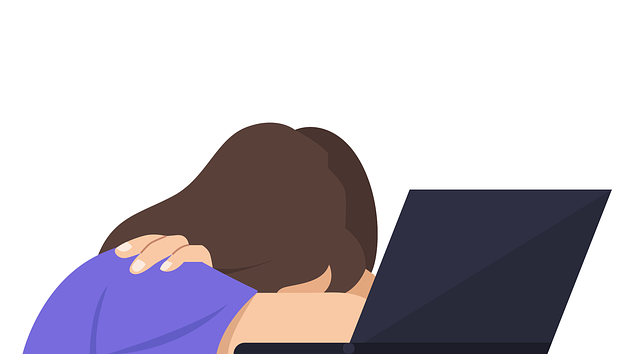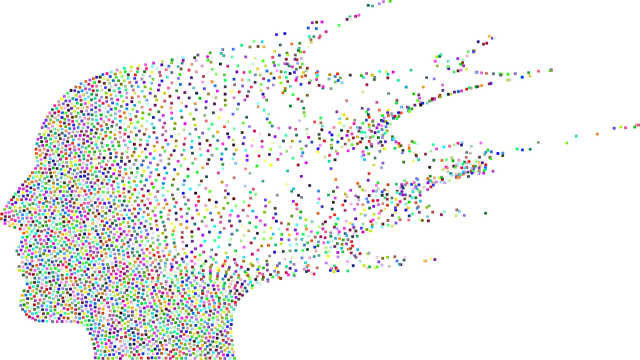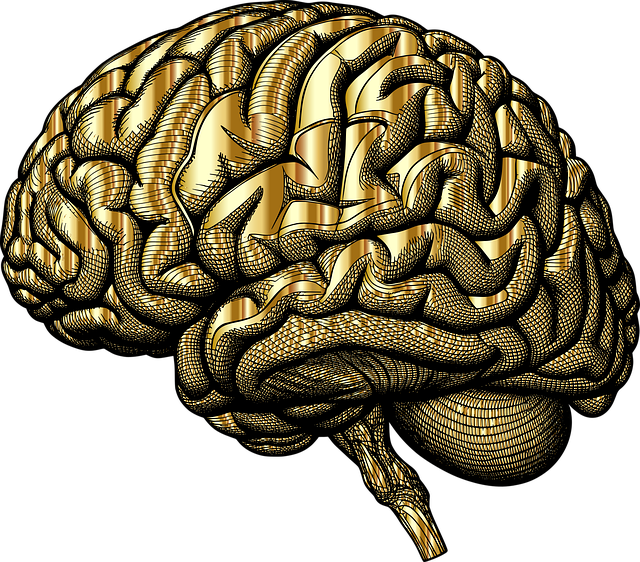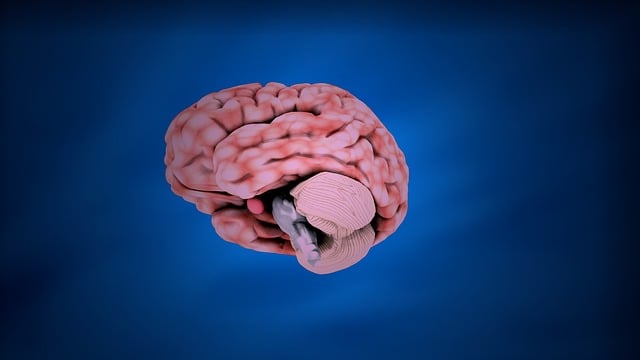Wheat Ridge Grief Counseling Therapy prioritizes cultural competency in its services, addressing biases and stereotypes among healthcare professionals to create an inclusive environment for diverse patients. Through specialized training programs, workshops, and role-play scenarios, providers gain tools for understanding culturally-driven grief expression, effective communication, and trauma-informed care. This strategic approach enhances patient satisfaction, ensures tailored care, and revolutionizes mental health treatment by fostering a sensitive and competent healthcare system.
In today’s diverse healthcare landscape, cultural competency training is no longer an option but a necessity. This comprehensive guide explores the significance of empathy and effective treatment through understanding cultural competency in healthcare. We delve into the profound impact of biases and stereotypes on patient care, highlighting the innovative approach of Wheat Ridge Grief Counseling Therapy. Additionally, we provide strategies for implementing and evaluating cultural competency programs, emphasizing the importance of preparing providers to support diverse communities.
- Understanding Cultural Competency in Healthcare: A Necessity for Empathy and Effective Treatment
- The Impact of Cultural Biases and Stereotypes on Patient Care
- Wheat Ridge Grief Counseling Therapy: Preparing Providers to Support Diverse Communities
- Strategies for Implementing and Evaluating Cultural Competency Training Programs
Understanding Cultural Competency in Healthcare: A Necessity for Empathy and Effective Treatment

In the realm of healthcare, Cultural Competency is no longer a nice-to-have but an absolute necessity. It involves understanding and appreciating the diverse cultural backgrounds, beliefs, and values of patients, especially in a community like Wheat Ridge Grief Counseling Therapy where individuals from various ethnic and socio-cultural groups seek support for their mental health concerns. By fostering cultural competency, healthcare providers can create an environment that is empathetic, inclusive, and effective, ensuring that every patient receives tailored care.
This approach transcends simple knowledge of different cultures; it delves into Self-Awareness Exercises to help professionals recognize their own biases and preconceptions, thereby facilitating better Communication Strategies. It also encourages the development of a robust Self-Care Routine for healthcare workers to maintain their mental health, which is crucial for providing consistent and compassionate treatment. Ultimately, cultural competency revolutionizes healthcare delivery, making it more sensitive and responsive to the unique needs of every patient.
The Impact of Cultural Biases and Stereotypes on Patient Care

Cultural biases and stereotypes can significantly impact patient care, leading to miscommunication and disengagement between healthcare providers and patients from diverse backgrounds. These unconscious preconceptions often stem from societal norms and media representations, influencing how professionals perceive and interact with individuals from different ethnic, cultural, or social groups. For instance, a provider’s stereotype about a patient’s behavior or beliefs could result in incorrect diagnoses or treatment plans, negatively affecting health outcomes. This is especially critical in fields like mental health, where nuanced understanding is vital for effective therapy.
In the context of Wheat Ridge Grief Counseling Therapy and broader mental health services, addressing cultural biases is essential. Mental Health Policy Analysis and Advocacy plays a crucial role in identifying and challenging these stereotypes to ensure equitable care. By implementing training programs focused on burnout prevention and stress management, healthcare providers can develop greater cultural competency. This proactive approach not only improves patient satisfaction but also fosters a more inclusive environment, where every individual receives tailored support without the barriers imposed by cultural biases.
Wheat Ridge Grief Counseling Therapy: Preparing Providers to Support Diverse Communities

Wheat Ridge Grief Counseling Therapy offers a unique and comprehensive training program aimed at enhancing cultural competency among healthcare providers. This initiative recognizes the diverse nature of communities they serve and equips professionals with the skills to offer sensitive, effective support. The program delves into various aspects, including understanding cultural nuances in grief expression, improving communication across different ethnic and social backgrounds, and developing strategies for providing trauma-informed care.
Through interactive workshops, role-play scenarios, and expert-led discussions, participants gain insights into the impact of cultural factors on mental health. They learn to conduct thorough risk assessments for mental health professionals, tailoring their approach to meet the specific needs of each client. This training goes beyond theoretical knowledge by emphasizing practical applications, such as effective mood management techniques and successful Community Outreach Program Implementation.
Strategies for Implementing and Evaluating Cultural Competency Training Programs

Implementing cultural competency training requires a strategic approach tailored to the specific needs and context of healthcare organizations. One effective strategy is to integrate these programs into the existing professional development framework, ensuring that they become an integral part of ongoing employee training. This can be achieved by designing modules aligned with core competencies and incorporating them into regular workshops or seminars. For instance, Wheat Ridge Grief Counseling Therapy offers specialized sessions focusing on cultural nuances in grief expression, enabling professionals to provide more empathetic support.
Evaluation is a critical aspect of measuring the success and impact of these initiatives. Utilizing both qualitative and quantitative methods, organizations can assess trainee comprehension through pre- and post-training assessments, feedback forms, and focus groups. Additionally, tracking participant behavior changes before and after the program, such as improved patient interaction or enhanced referral patterns, demonstrates the practical application of cultural competency skills. The Stress Management Workshops Organization emphasizes this by regularly collecting data on how training translates into better stress management for mental health professionals.
Cultural competency training, as exemplified by programs like those offered by Wheat Ridge Grief Counseling Therapy, is not just a desirable trait in healthcare—it’s an imperative. By addressing cultural biases and stereotypes, these initiatives ensure providers can offer empathetic, effective treatment tailored to diverse communities. Effective implementation and evaluation of such programs are crucial for revolutionizing patient care and fostering inclusive healthcare environments.














